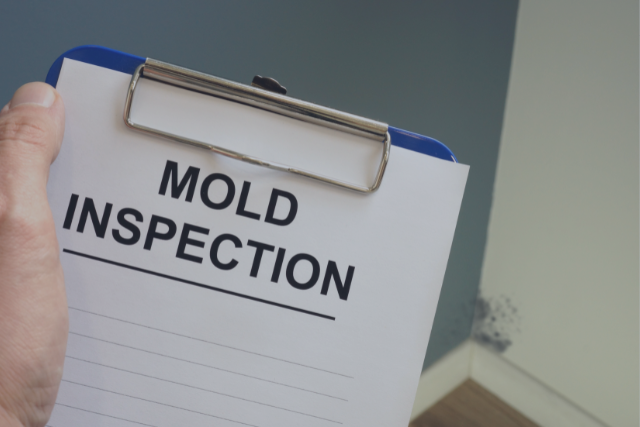When Should You Hire a Mold Inspection Specialist?
Mold in your home isn’t always easy to spot. Many people start to suspect a problem when they notice strange odors, changes in paint, or unexplained physical symptoms. But when is it really time to stop waiting and call a mold inspection professional?
The difference between a harmless surface stain and a serious contamination often lies in what you can’t see. Mold can quietly spread behind walls, under floors, or inside ventilation systems. Hiring a mold inspection specialist isn’t an overreaction—it’s a preventive decision that can save you from structural damage, health risks, and costly repairs later on.
After Water Damage, Don’t Assume the Problem Is Gone
One of the most common reasons to schedule a professional assessment is after a leak, flood, or water incident that lasted more than 24 hours. Even if everything looks dry on the surface, trapped moisture can create the perfect conditions for mold to grow in hidden spaces. If the area isn’t properly evaluated, the mold may continue developing without you knowing until it becomes a much bigger issue.
When Symptoms Appear Without Explanation
Another major warning sign is when someone in the household starts showing persistent symptoms like nasal congestion, dry cough, eye irritation, or constant fatigue. Often, these symptoms improve when outside the home and return once back inside. In these cases, indoor air may be contaminated with mold spores, and an environmental assessment is the only way to confirm it.
If You’re Buying, Renting, or Moving Into a New Space
If you’re considering buying a house, renting a commercial space, or moving into a home with a history of moisture issues, a professional mold assessment is a smart move. The quick visual inspections done during walkthroughs are not enough to detect hidden mold. A certified specialist can identify risks that could affect your investment, your health, and your family’s well-being.
Mold Doesn’t Care If the Home Is New
Even new construction or recently renovated properties can have mold problems. Poor installation of materials, bad sealing, or lack of proper ventilation can all lead to trapped moisture. I’ve inspected brand-new homes where mold was already growing behind cabinets or on poorly sealed ceilings.
Why DIY Mold Cleaning Isn’t Enough
Some people try to handle mold on their own by cleaning visible spots with store-bought products. The problem is, this doesn’t address the source. Mold often comes back because it hasn’t been fully removed and the cause hasn’t been fixed. A mold specialist does more than find mold—they identify what’s causing it, what type it is, how dangerous it is, and how to eliminate it safely, without damaging your home or putting your health at risk.
Act When Doubt Turns Into Suspicion
You don’t need visible mold to take action. If your space feels heavy, smells off, or you’ve noticed unexplained symptoms—or even recent moisture—you’re already beyond the point of waiting. Delaying action only allows the problem to grow, and often, silently.
What a Professional Mold Assessment Involves
A professional inspection is not just a flashlight and a quick walkthrough. It’s a thorough environmental evaluation using specific tools and techniques. This may include:
- Moisture level analysis
- Thermal imaging
- Air or surface sampling for lab testing (if needed)
- A detailed report with findings and practical next steps
Hiring a Specialist Is a Preventive Investment
Don’t let mold damage what you’ve worked so hard to build. A professional mold assessment gives you peace of mind and the clarity to understand what’s really happening in your space. If you’re doubting whether to call—chances are, it’s already time to act.



